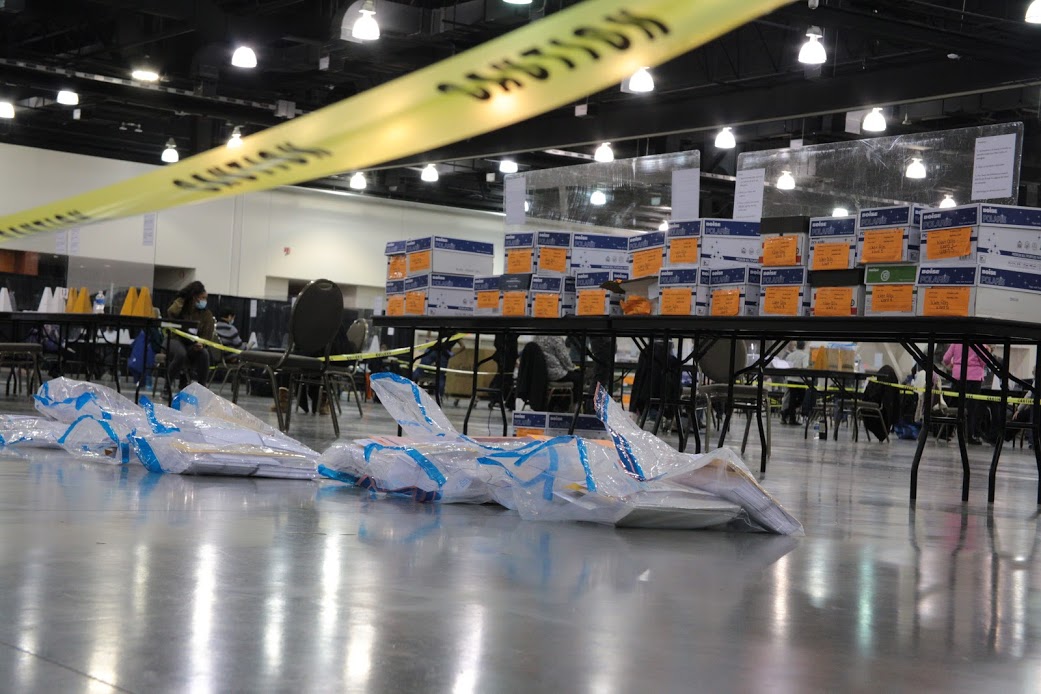The Wisconsin Elections Commission's technology director picked apart a series of claims about the state's voter rolls that he said were false, misleading and based on a fundamental lack of understanding about how WisVote works.
Robert Kehoe kicked off his presentation to the Assembly Campaigns and Elections Committee yesterday by telling members he's not offended by "informed, legitimate criticis...
Please log in to access subscriber content.
If you don't have a subscription, please contact schmies@wispolitics.com for subscription options on the WisPolitics-State Affairs platform, which is the new home for WisPolitics subscriber products.


